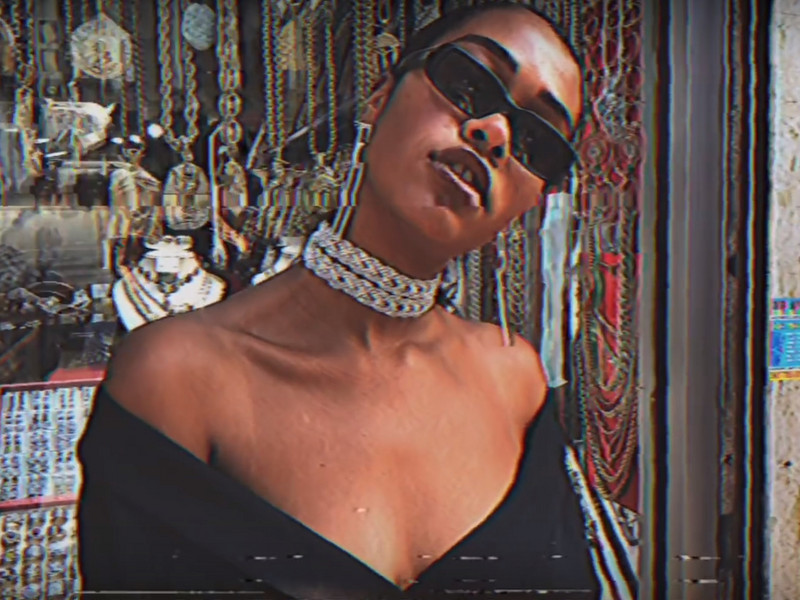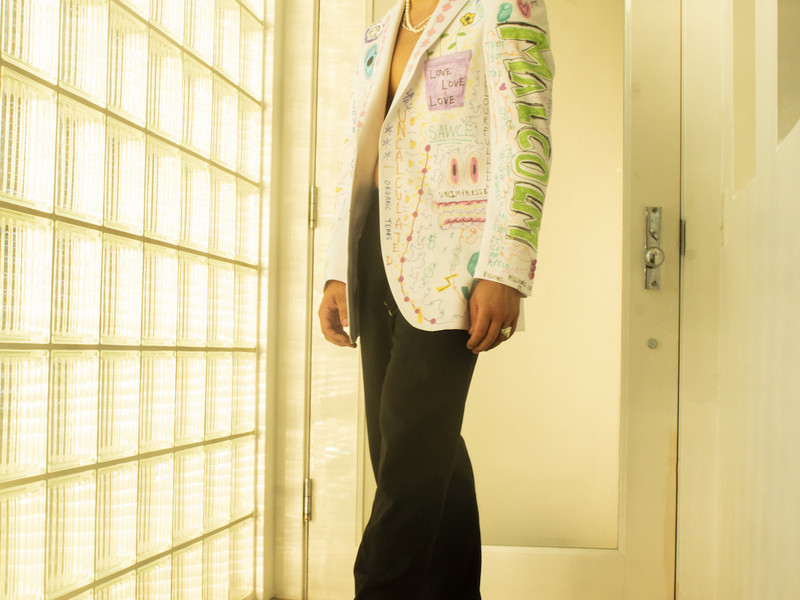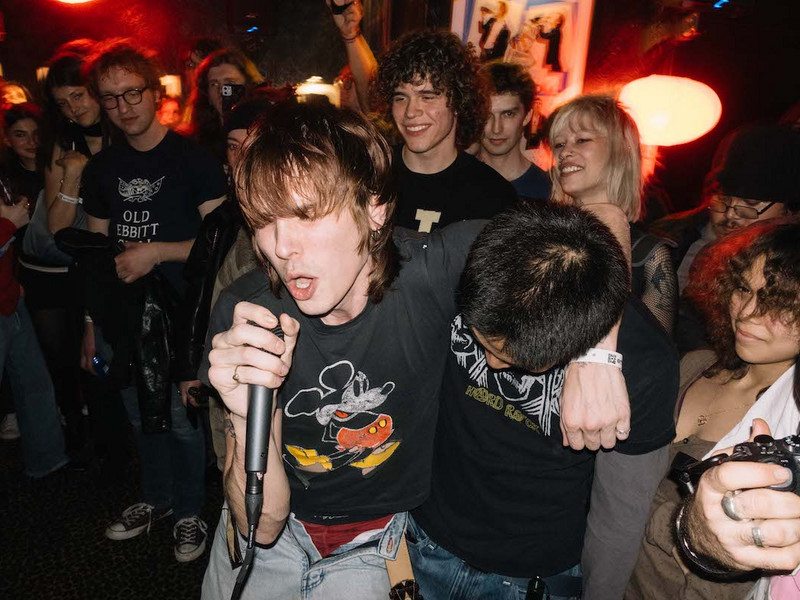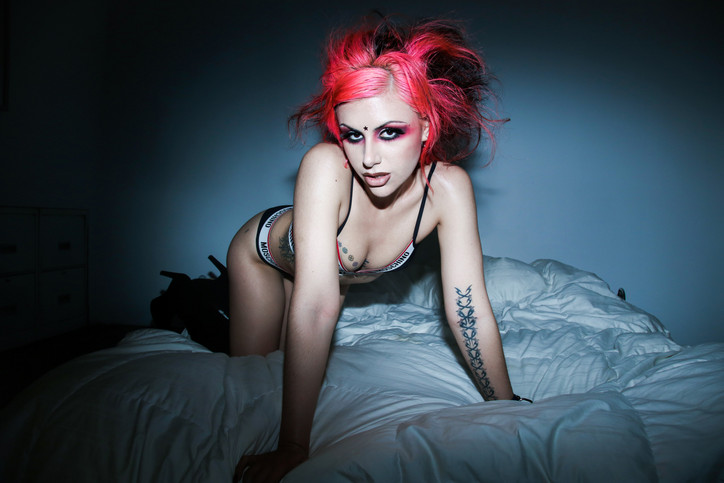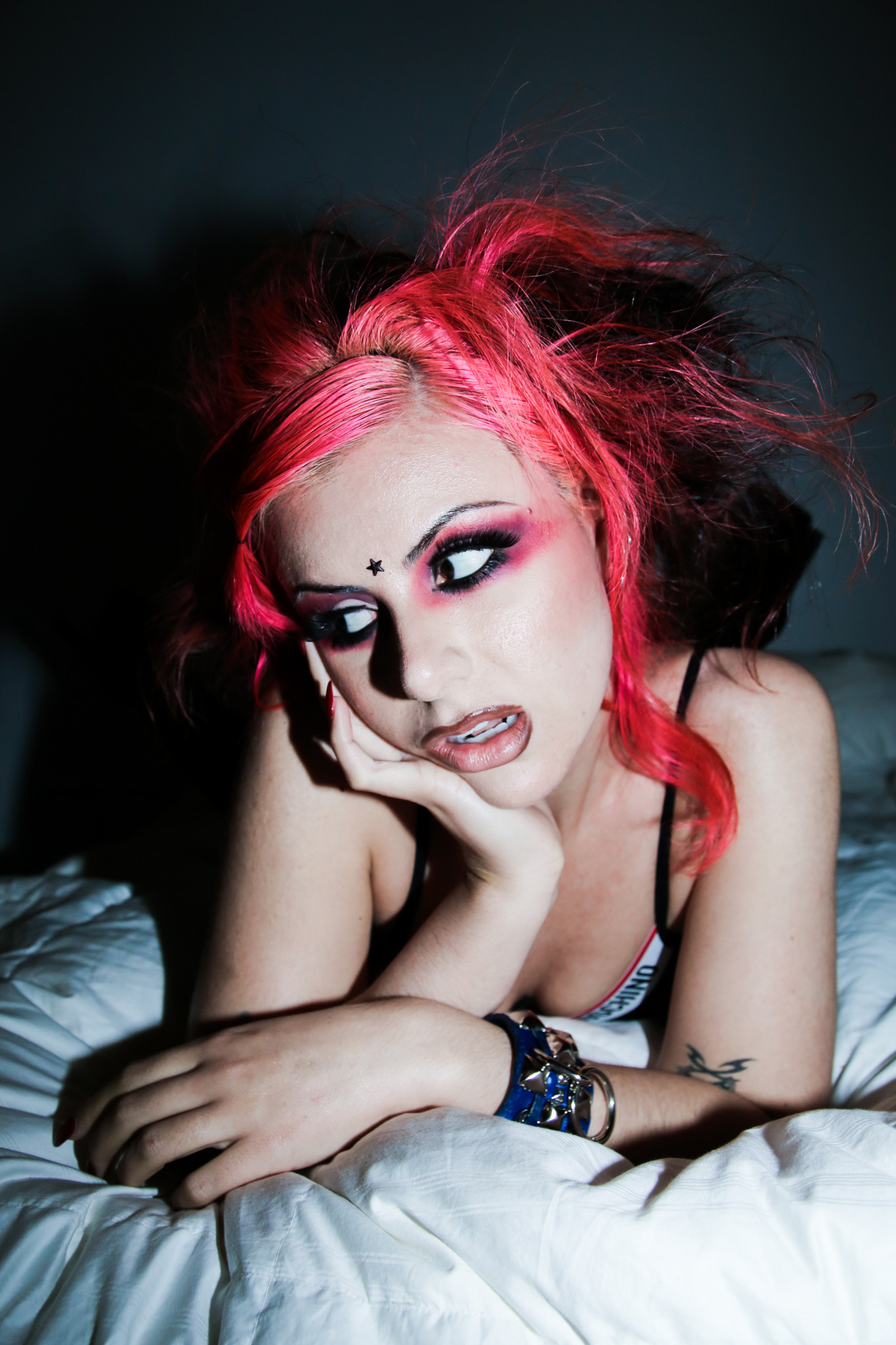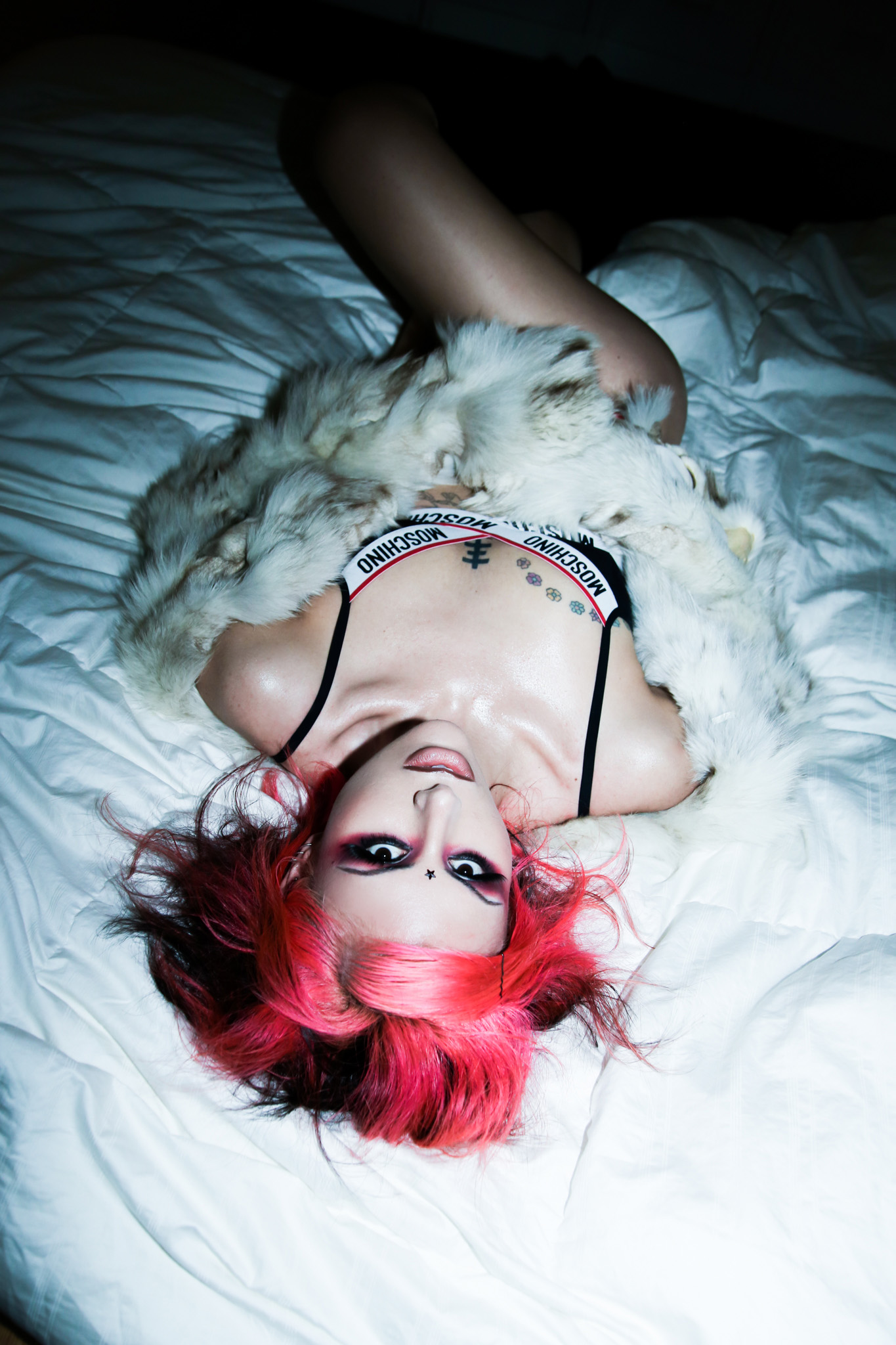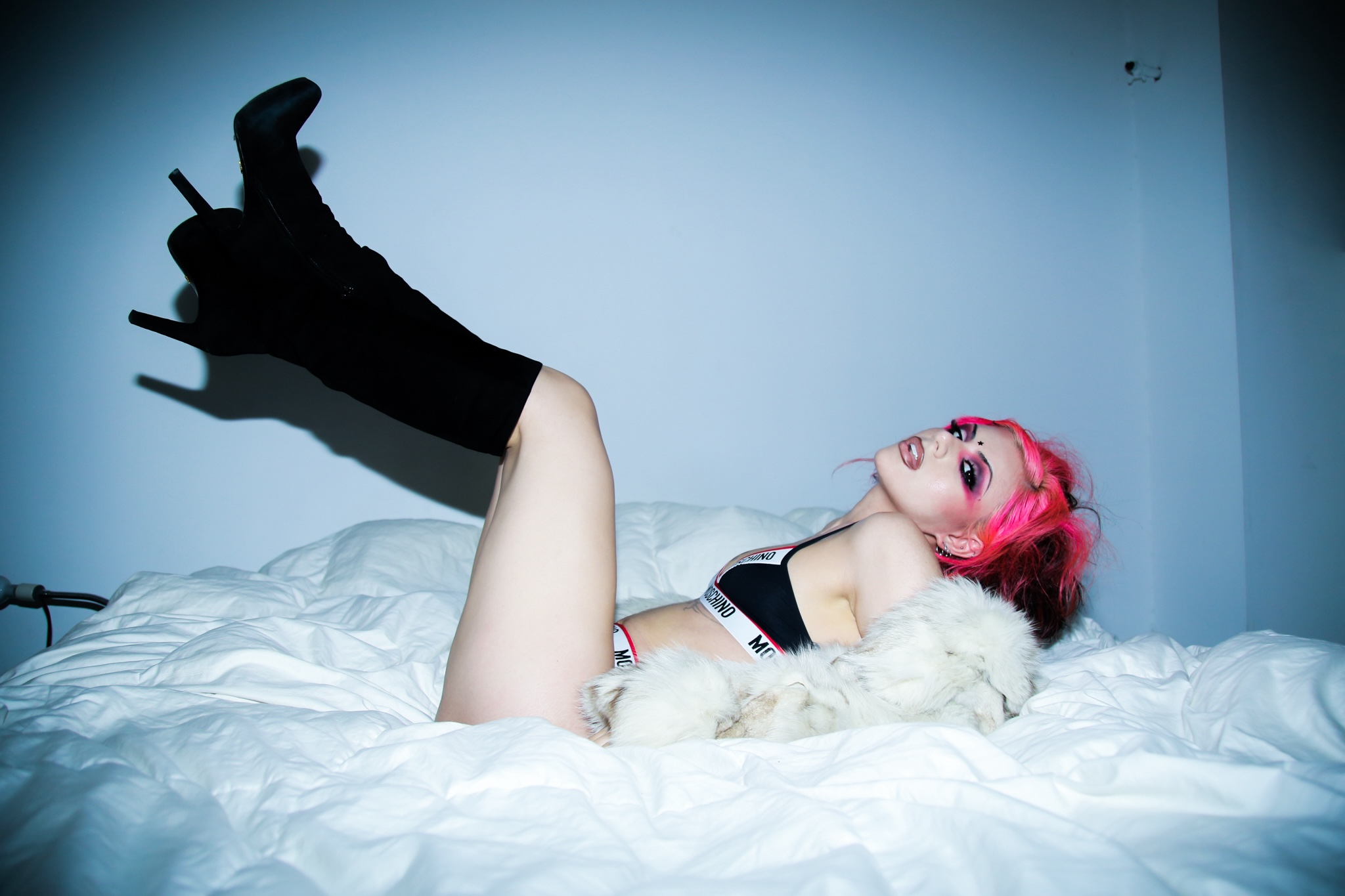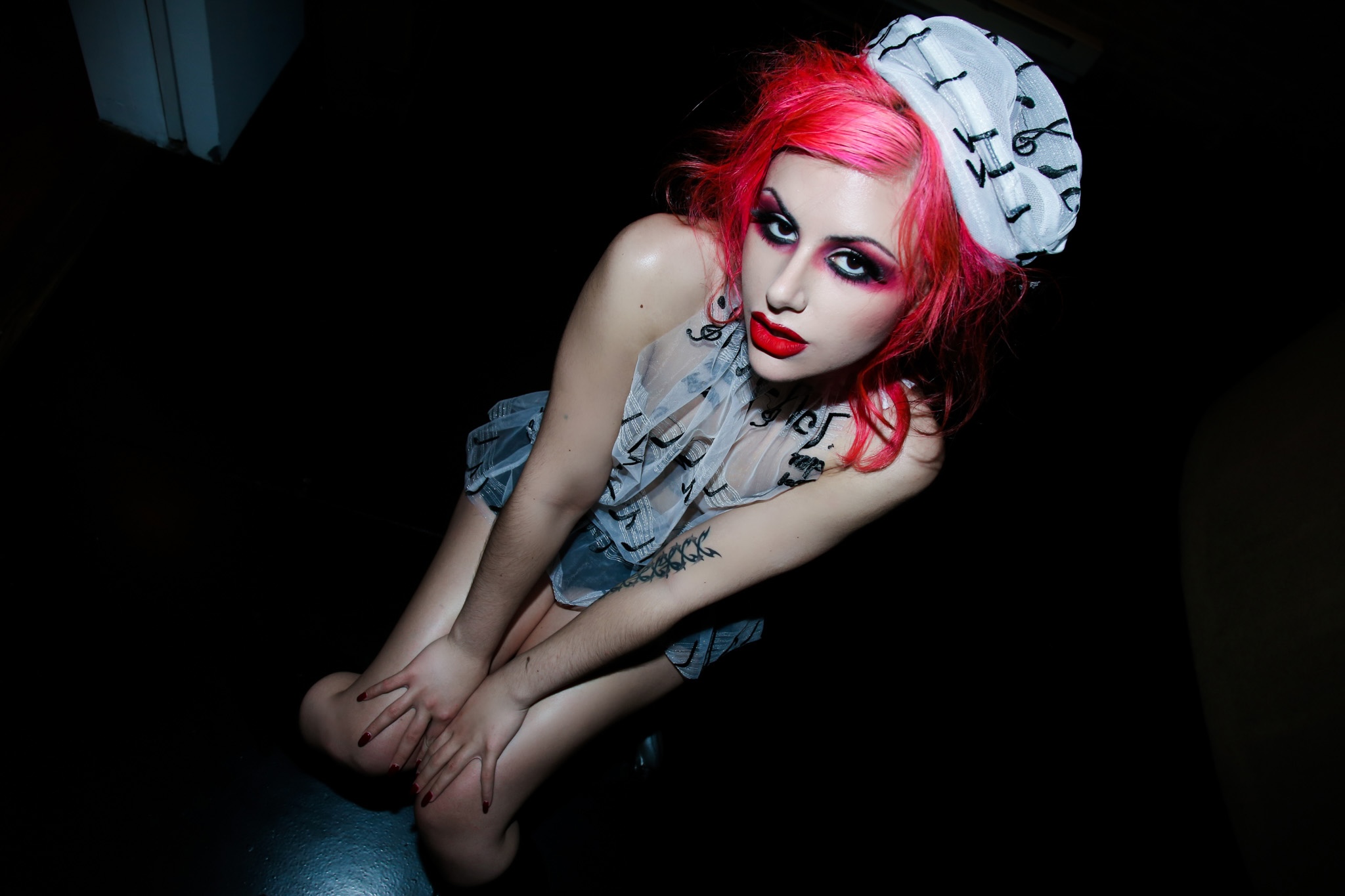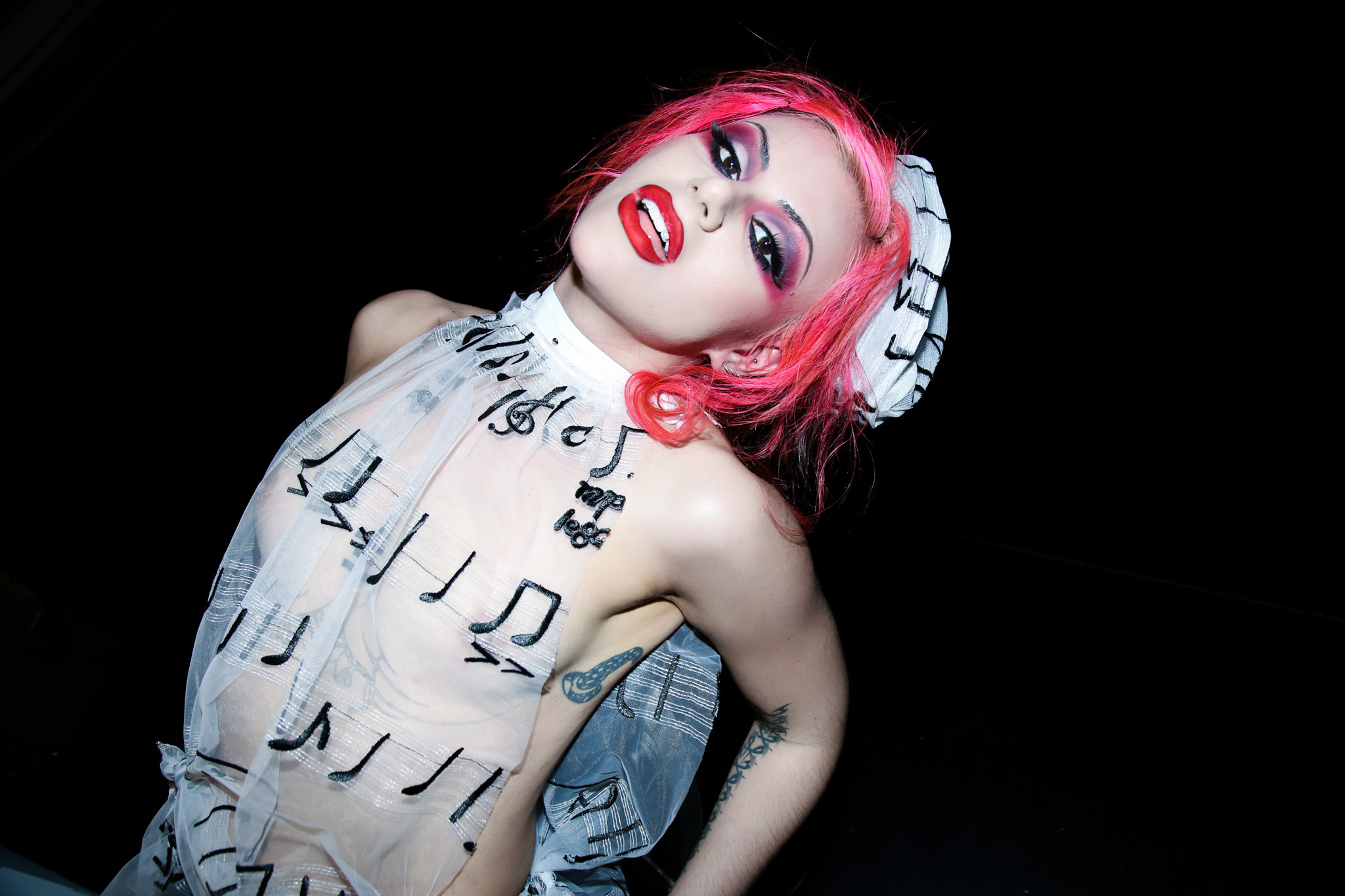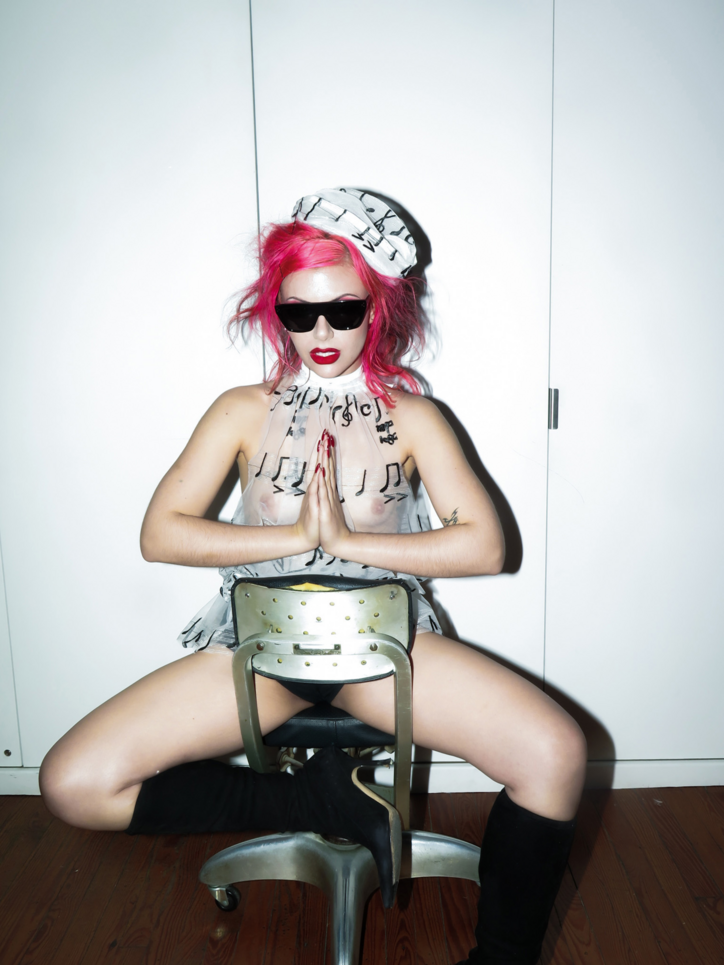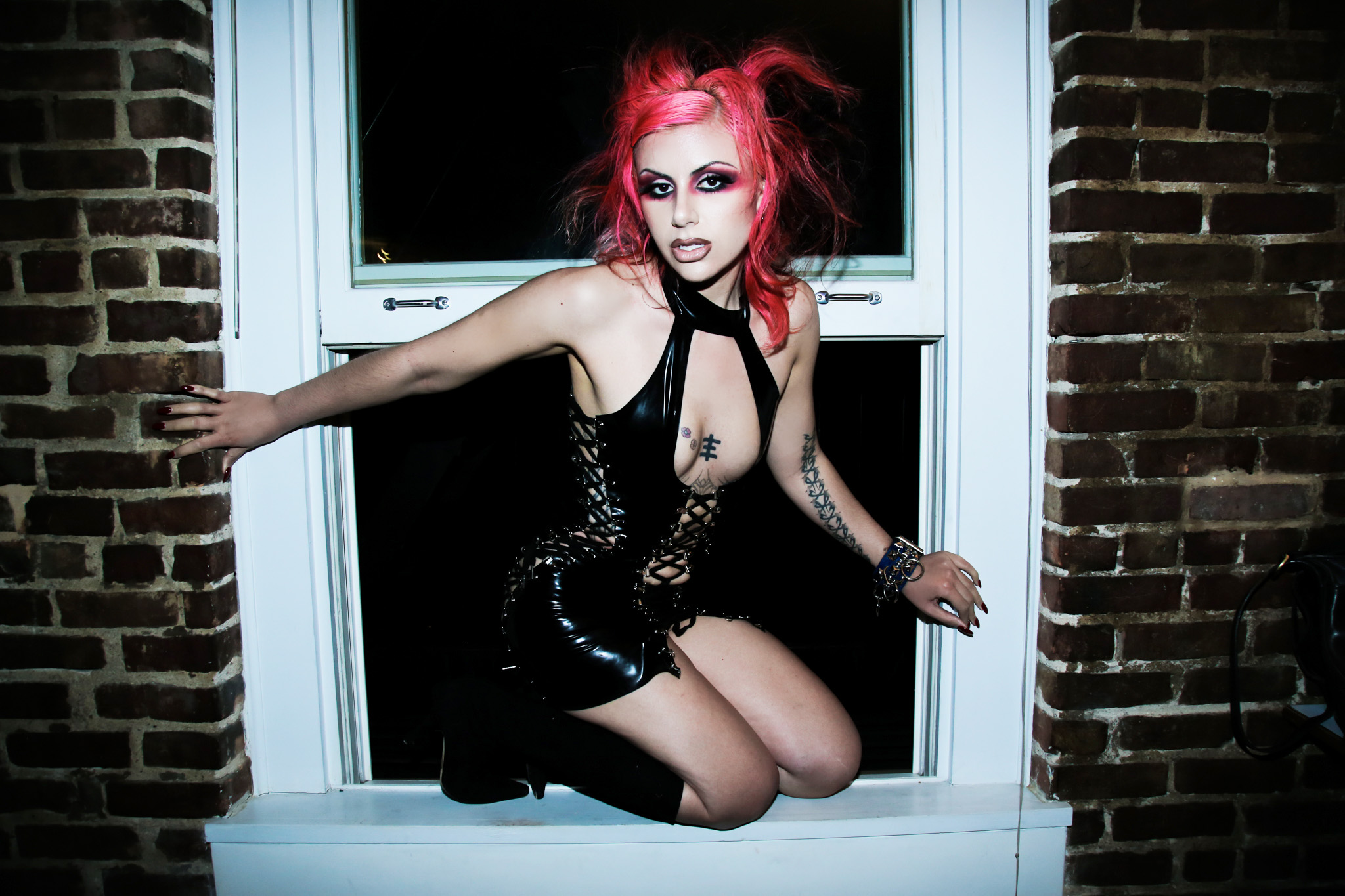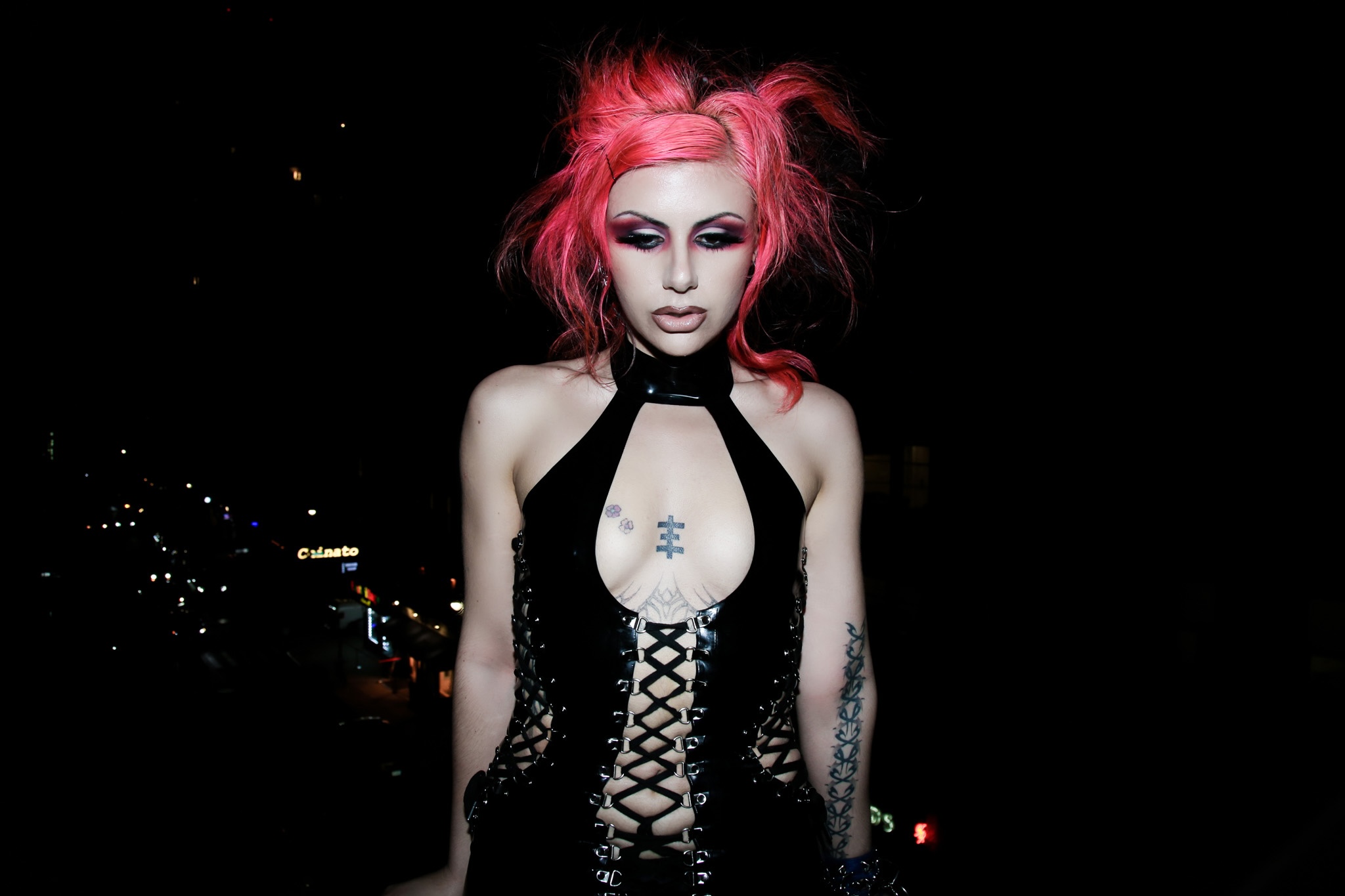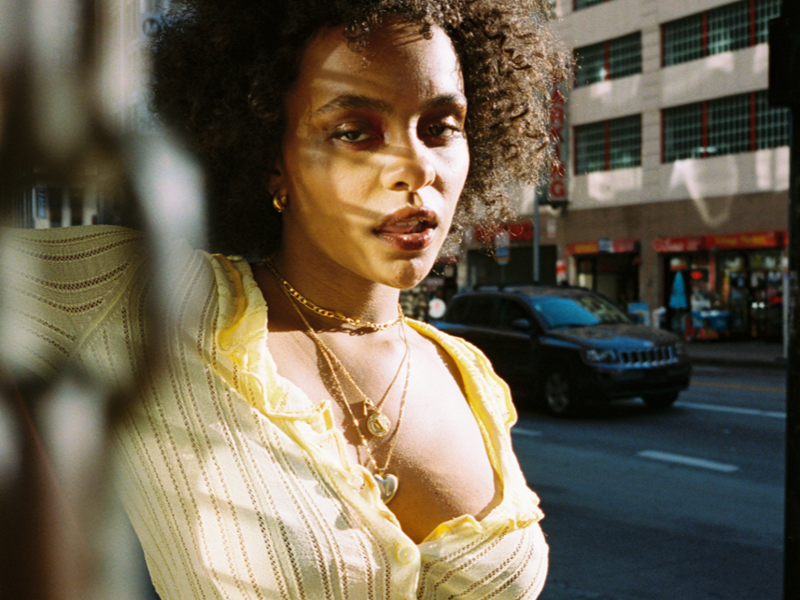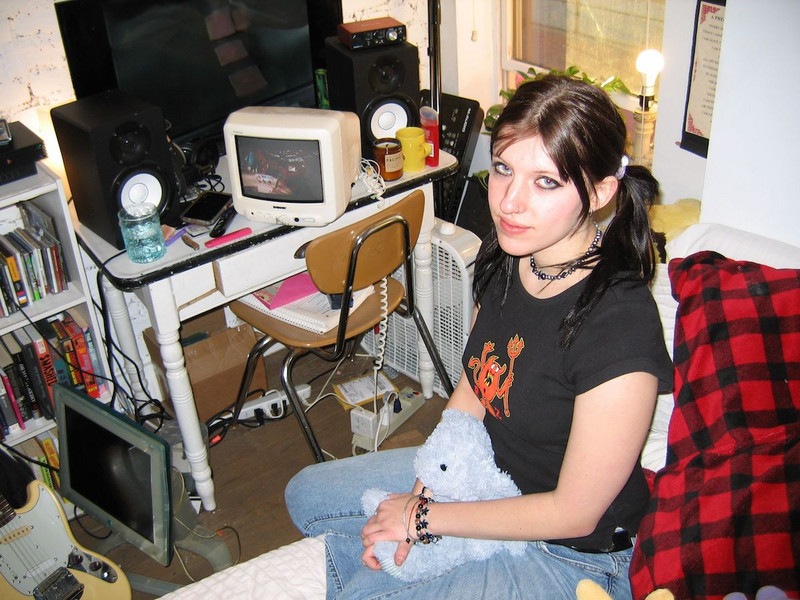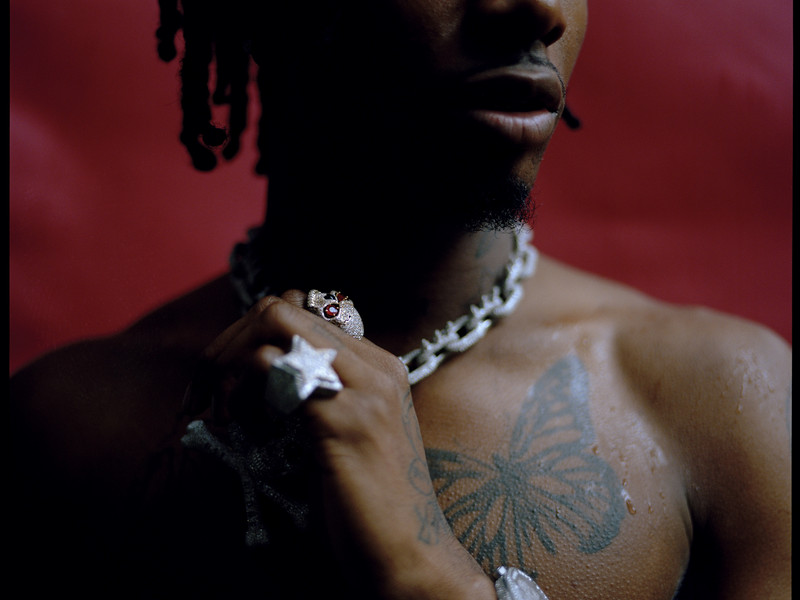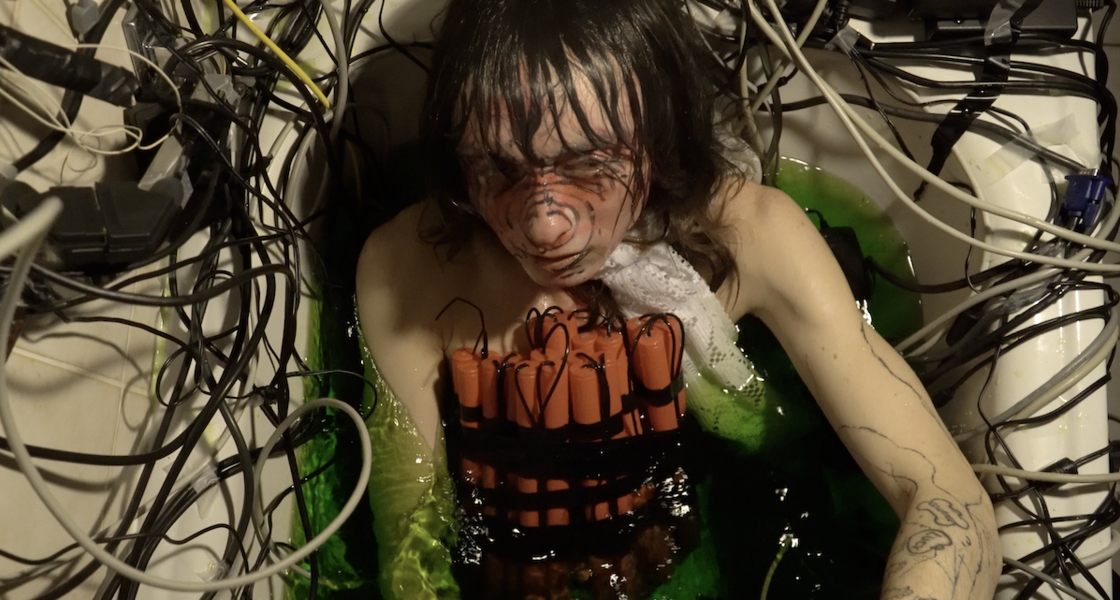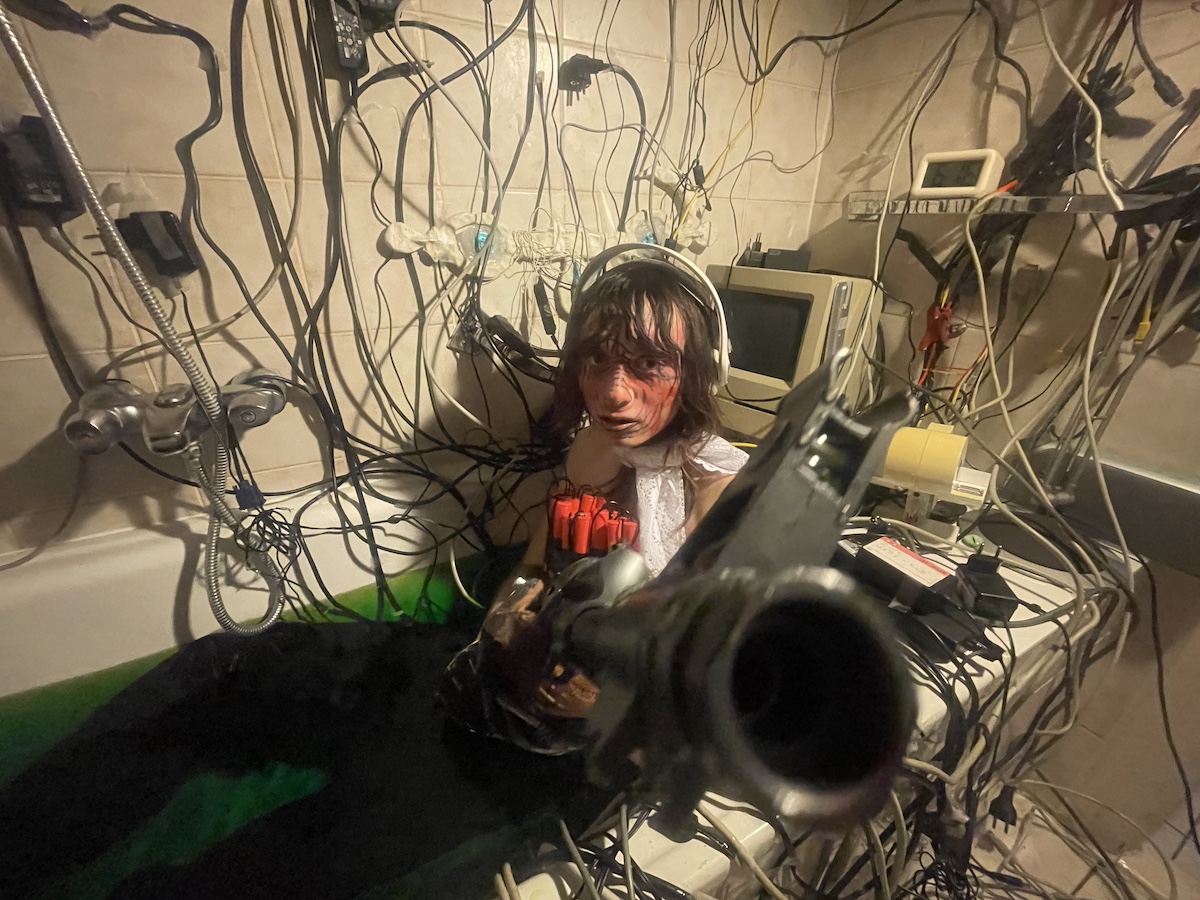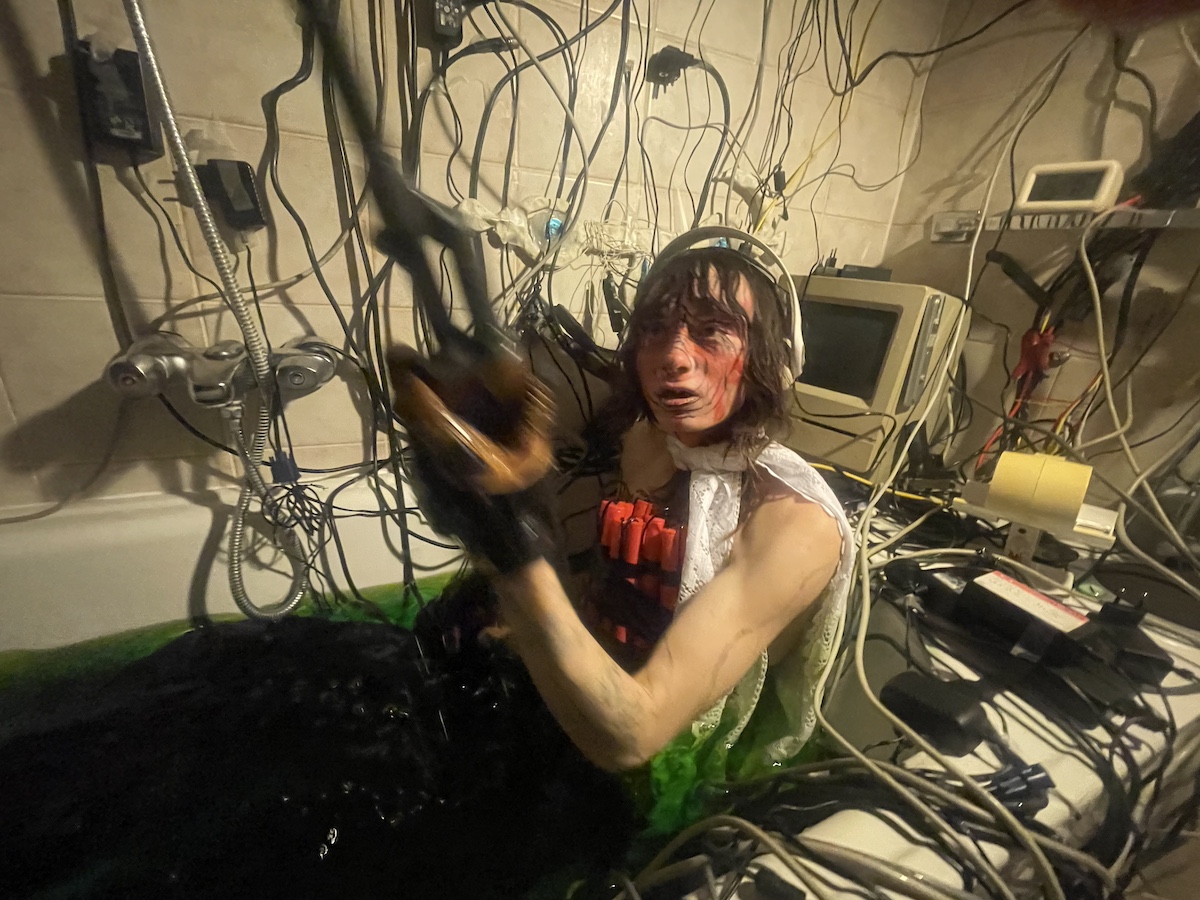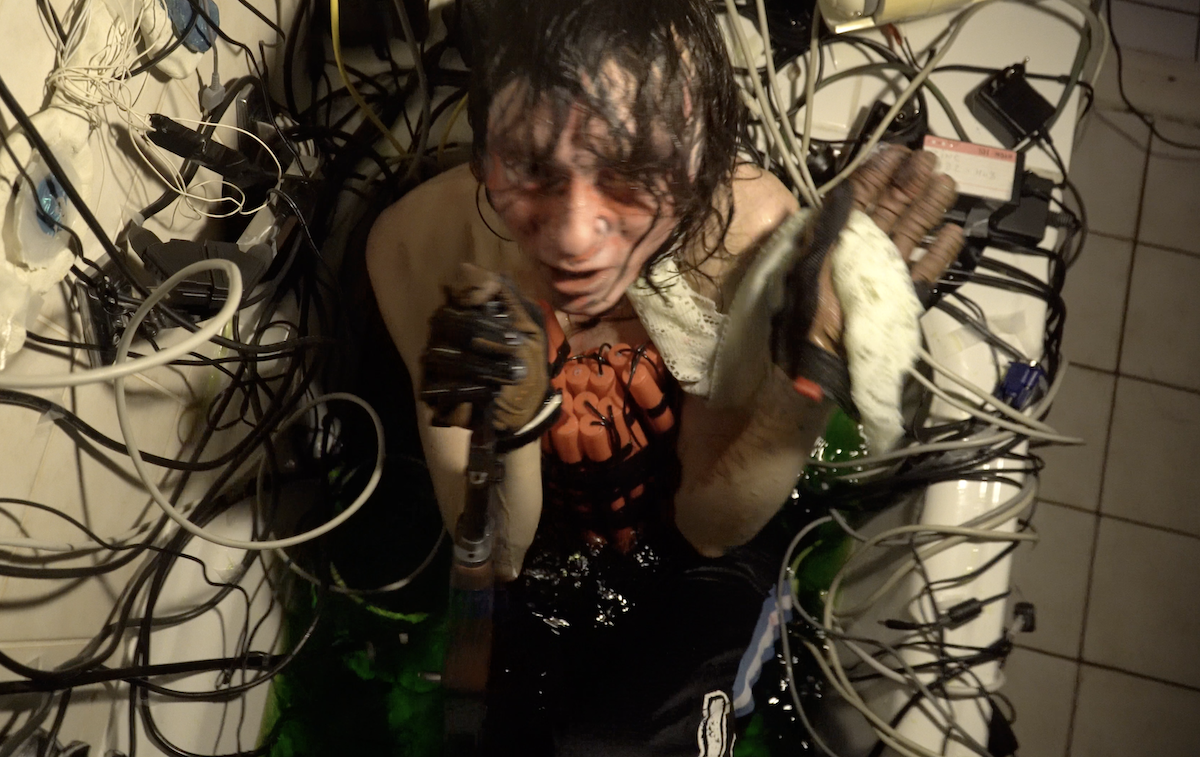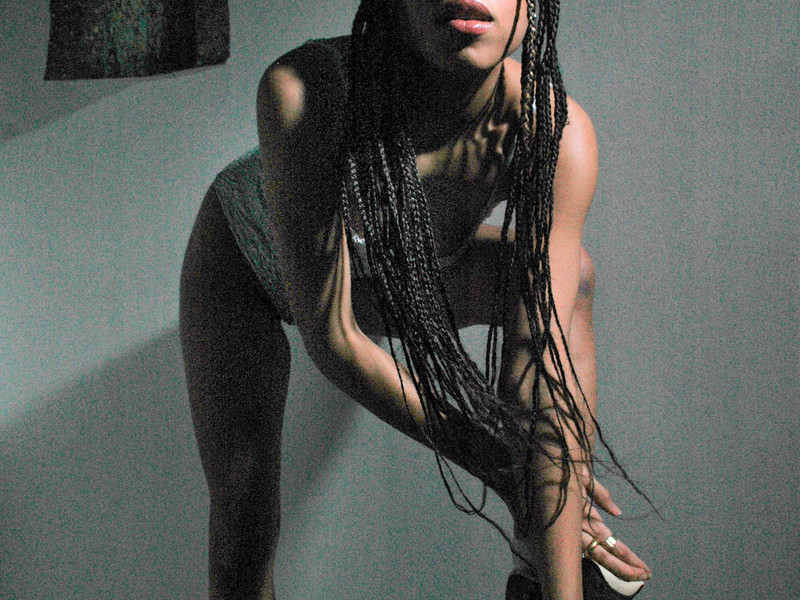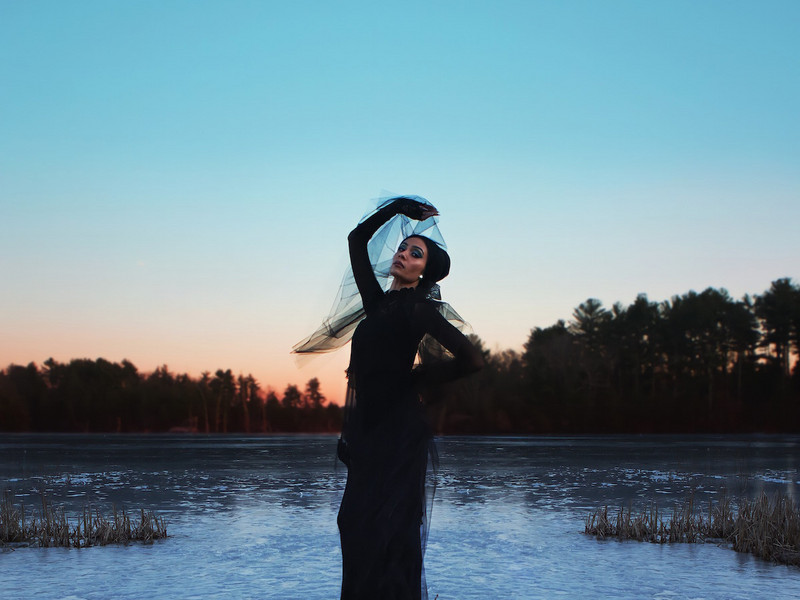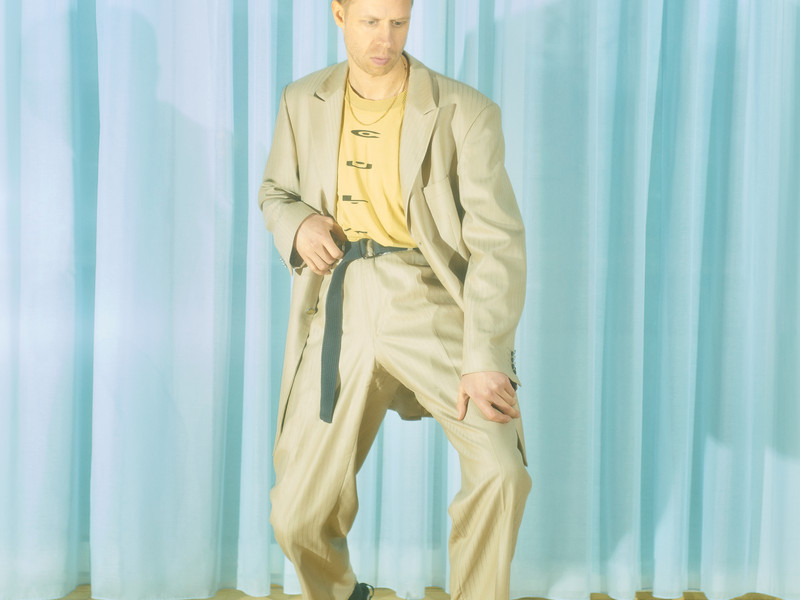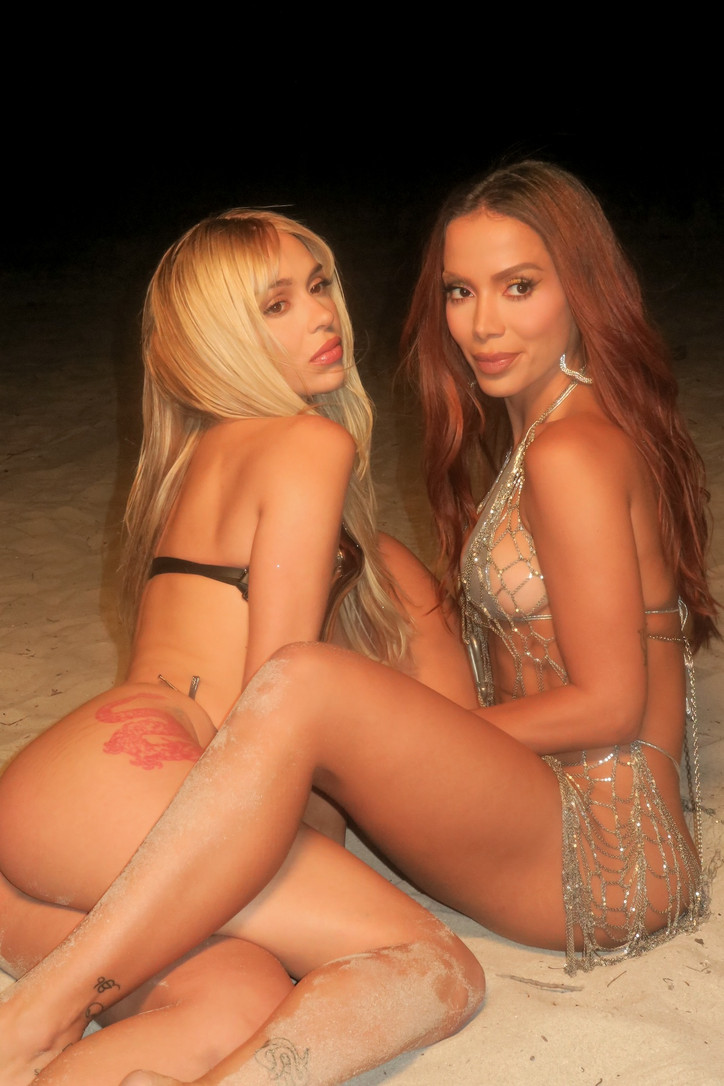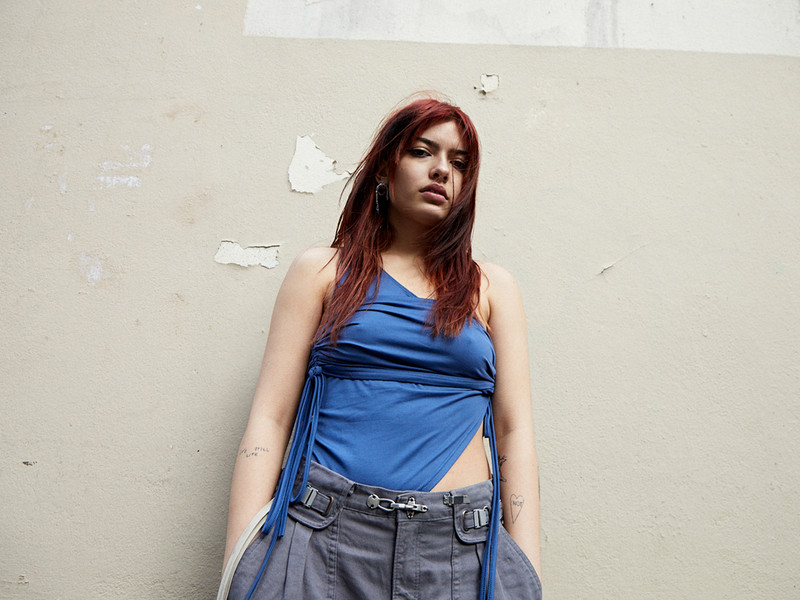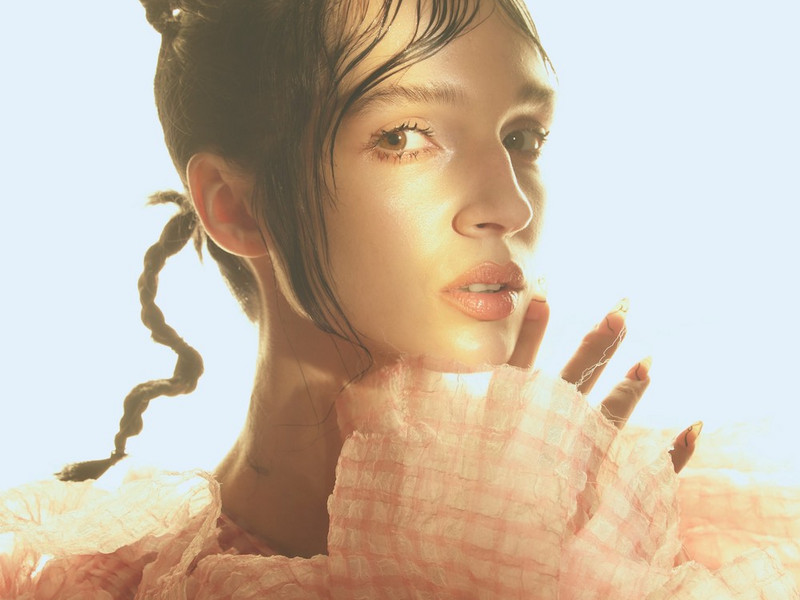Women Doing Whatever They Want
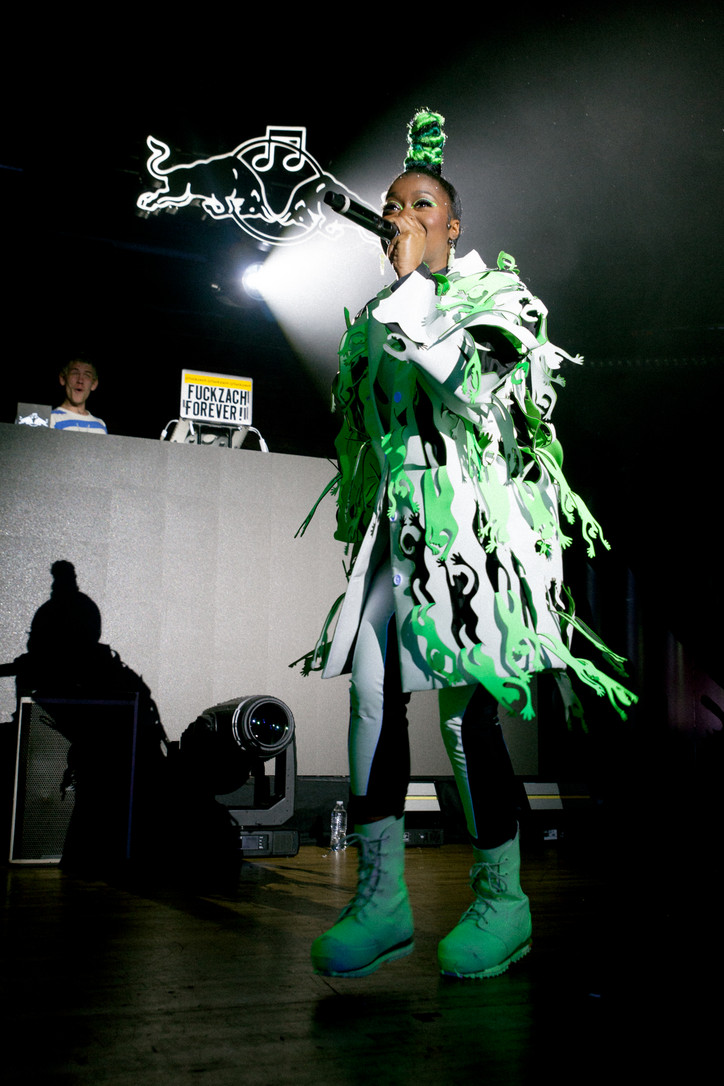
Check out our interviews below with some of the artists.
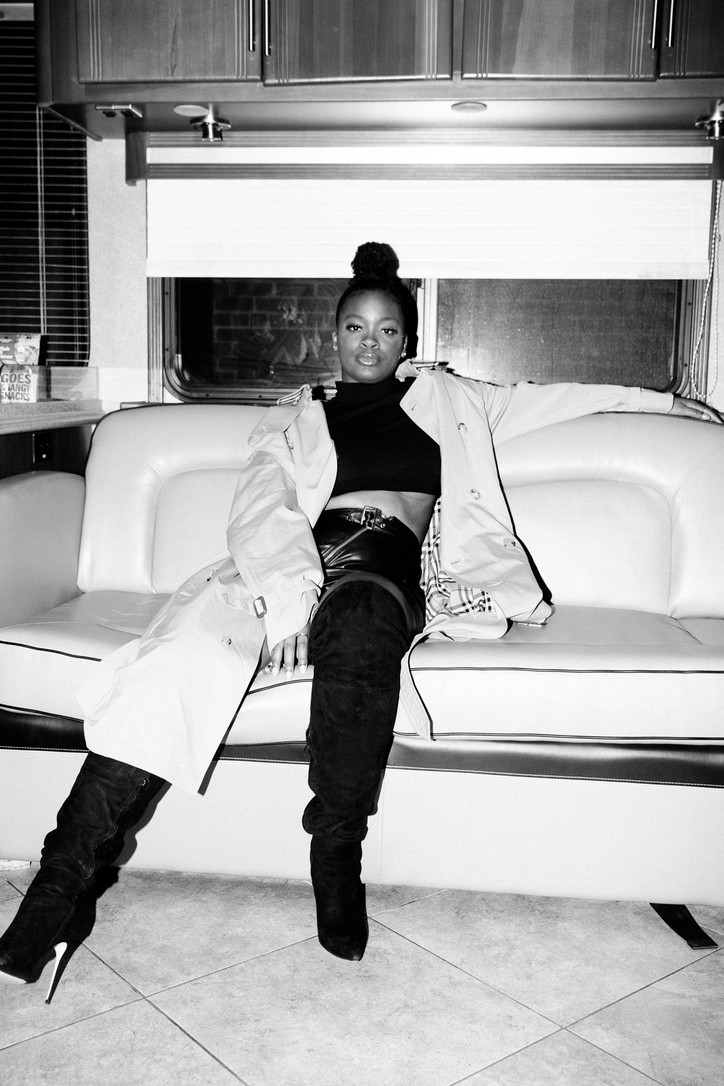
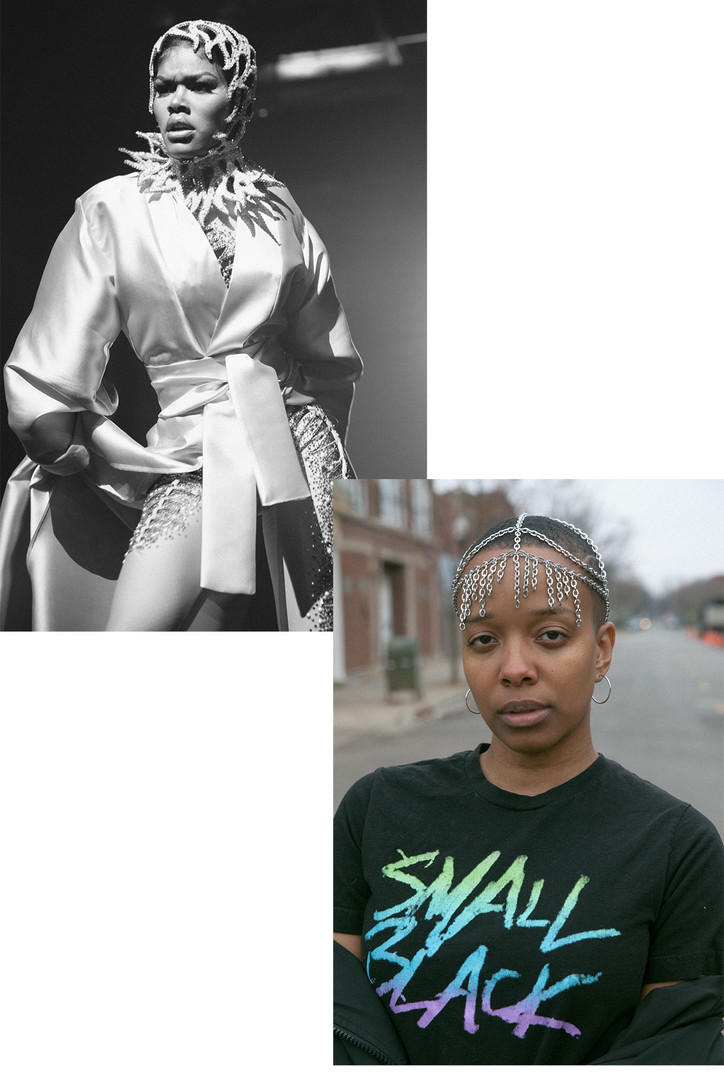
Ari Lennox
By watching your audience tonight, I could tell they all really connected with everything you sang as if they wrote it or had experienced it themselves. Is this something that's intentional? Do you try and make your songs relatable to a specific audience?
I just write about whatever I’m going through. I’ve never really realized that it was so relatable. It just happens and it’s like, “oh great I’m not alone. Someone can identify with me and be happy with having their first apartment or dating someone that may not have as much money as you,” but it’s also like, “fuck that shit, who cares? I just like you for you.” You know?
Yeah, you’re incredibly relatable and anecdotal. Outside of songwriting, who are some of your other musical influences?
Minnie Riperton is definitely an influence, all ‘90s RnB, ‘70s Soul. I listen to a lot of beautiful music: Smokey Robinson, Teddy Pendergrass, The Whispers, etc. Real music.
You just released your debut album. Now that you’ve passed from a time where you were perhaps in a similar environment or relationship with your audience, how do you think your songwriting will change? What are you looking to write about now?
Damn, maybe on how I can’t find a fucking apartment because all them shits are too expensive ‘cause I moved to LA. Maybe write about my dog. It would only be about things I’m going through. Realistically, I know I should give him to a more stable person, but I can't let go of my baby. I could write a whole album about my dog. But I mean yeah, I guess that's all it would be, love, loss, being conflicted. I feel like not much would change, it'll always be about what I'm going through—a cross country drive, just going, myself in my car.
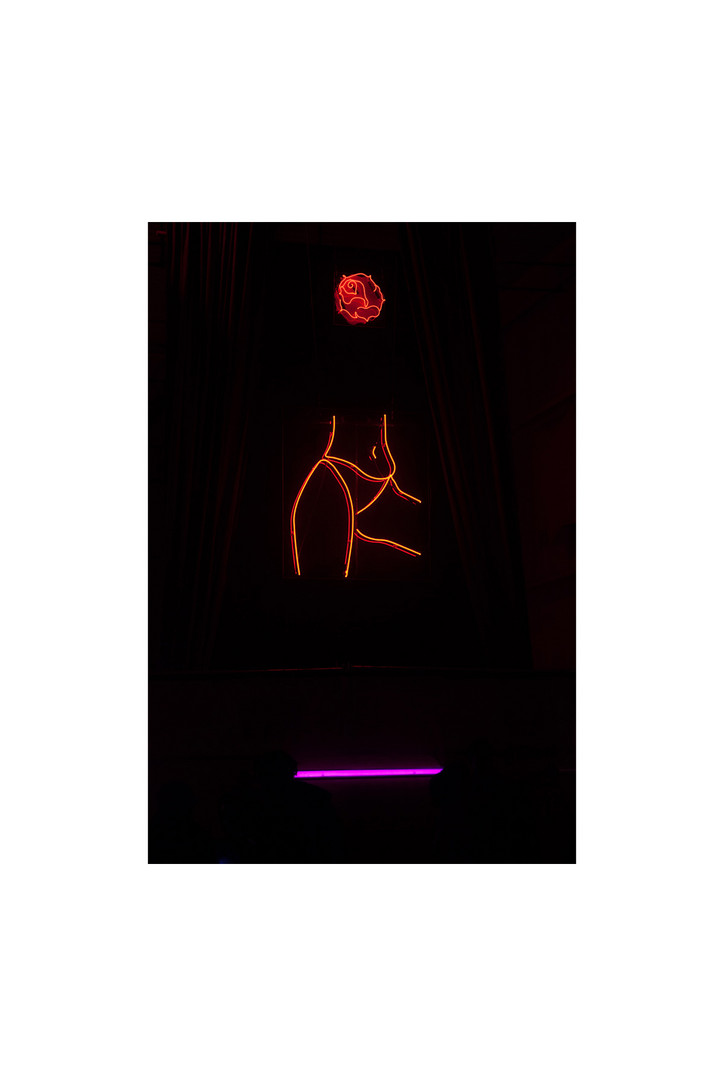
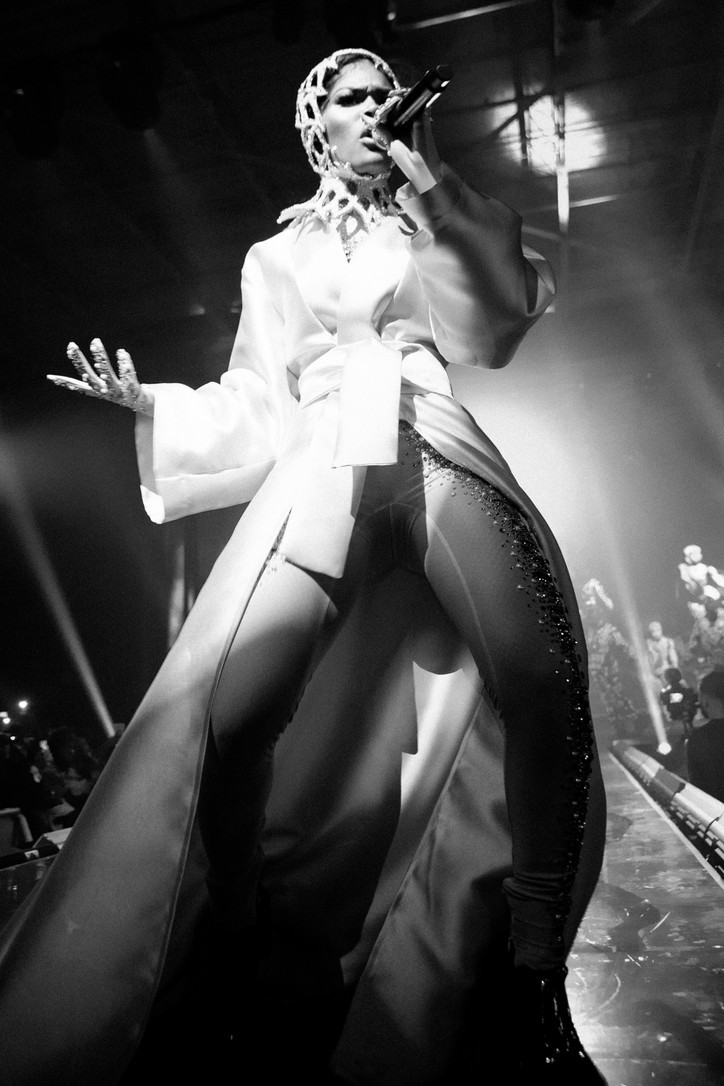
Teyana Taylor
Your show tonight had so many layers and changes, what are some of the aesthetic inspirations for the show?
It’s crazy because it kind of transformed into a movement. This is the House of Petunia and for the show I really wanted to bring visuals that complemented the song feeling or vibe. As you can see, I had songs about every subject—things that people could relate to. Whether it was love, passion, hurt feelings, sexy, crying or going to church. I love to have a show where people can laugh with me, dance with me, sing with me and cry with me. I think it’s very important to be touchable—for everyone to know that you’re human and that we’re all in this together. And that I am genuine and appreciative, so I put my all into it. I always want to reach out to everybody because you never know what people are going through. So I kind of want to be the mood—any type of mood that anybody has going on now.
The ground you’re covering in all your ventures is really impressive, I wanted to know where all this motivation comes from?
I think motivation is how I want to put in work, and it shows that I will never get too comfortable. I will never stop my grind. I will always work. I look at my daughter and I look at my husband and say this is who I do it for. I look at my family and say this is who I do it for. I look at my team and my aunties and my manager and I look at them and say this is who I do it for. Like I said on stage, it takes a village. It ain’t just me saying, “I’m getting on this stage—there’s a whole production. There’s a whole team! All the way down to the people who sweep up the stage to make sure it’s clean! That shit matters and it’s very important and that’s why I like to thank everyone. That is my motivation, and these are the powers that we have.
What was it like directing “WTP” and all the other videos you’ve directed for others?
It’s crazy because I’ve had some downfalls in my career—some things that have hurt my feelings. So I've been in the position where I was really young and couldn’t control my own errors. And that inspired me to direct. Maybe there’s something that doesn’t look that bad to the naked eye, but to me, it could be better. I’ve always critiqued everything, including my own stuff, so it wasn’t like I was hating. I just always seen better for others, which is very rare. I genuinely love to create for others. I genuinely love to help others. I’ve wanted to direct since all the way back in 2011, but because of all the ups and downs I’ve been through with music, it was always like get the album out and everything got pushed to the side. When I got into a position of power where I was controlling my own narrative, I took it and I ran with it. Gave me an inch and I went 30 miles and I aint stop. I ain’t turning back. Ain’t nobody directed a video for me yet. I don’t remember the last time someone directed a video for me, including the songs that I’m featured on. And the fact that people hit me up is so dope. It’s almost like people want to get me on the song just to direct the video, but I appreciate that. Chance the Rapper tweeting about me, Wale tweeting about me and Snoop Dogg—all these other people call me by director name, Spike Tee. I just think it’s really dope to get that acknowledgment from my peers and from other artists. To see other women and men come up to me like, “yo Tee I need the visuals!” That excites me.
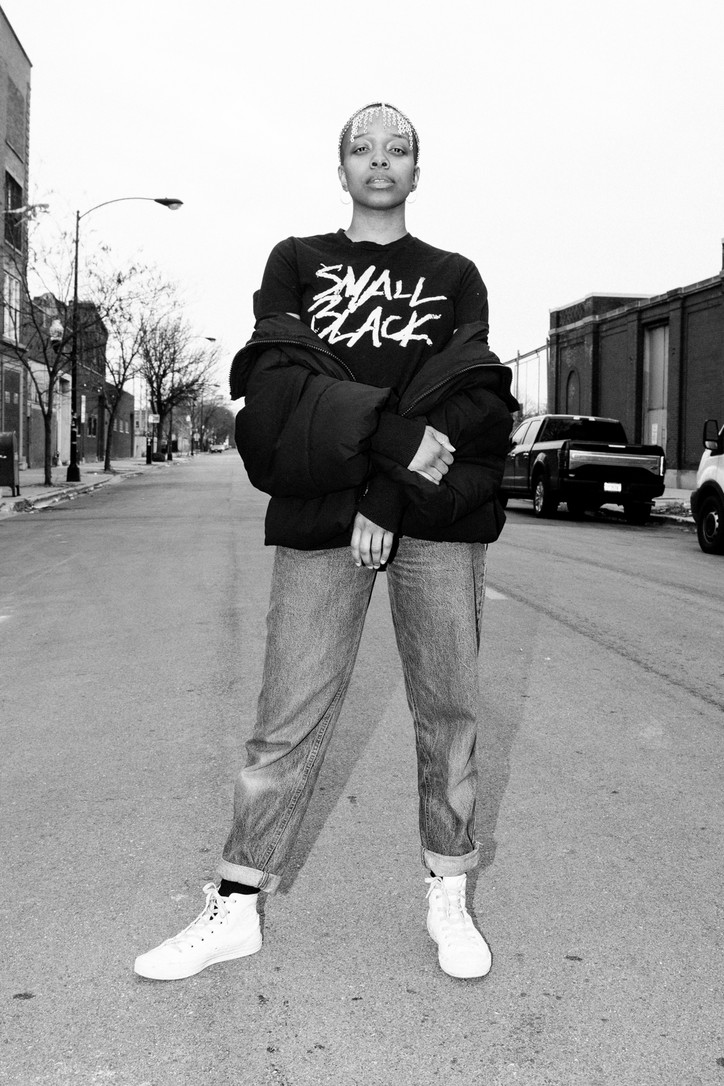
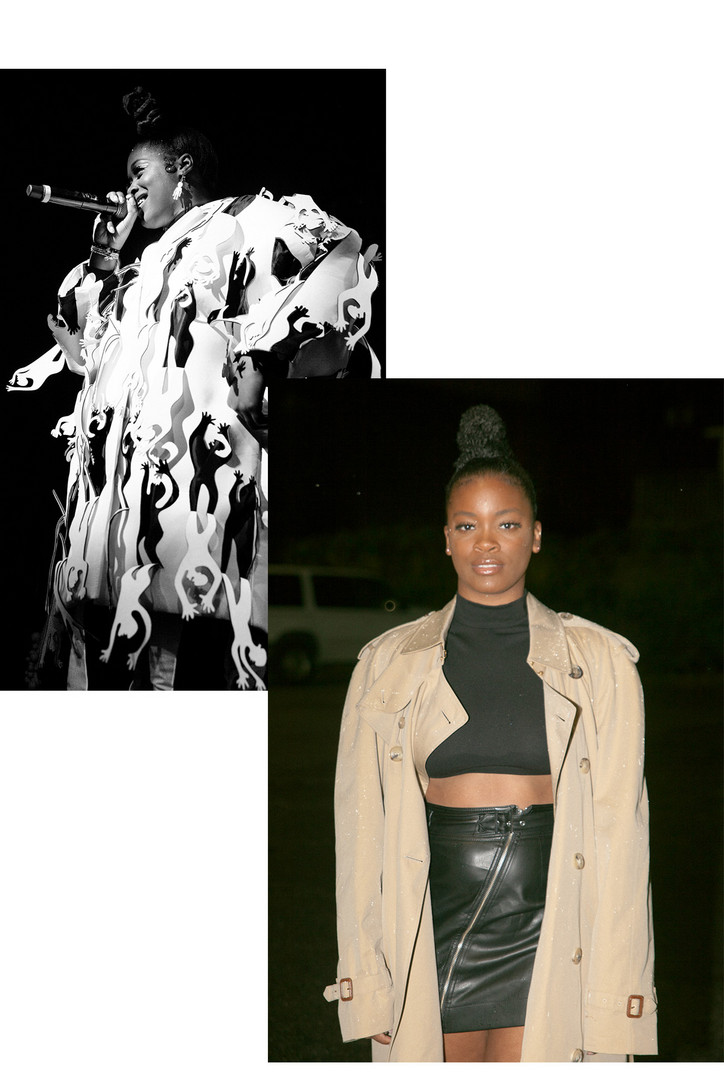
Jamila Woods
Tell me about your writing process
I think in general, I like to go as a collaging process. I just like to have a lot of stuff around me to spark ideas when I’m writing. Whether it’s like keeping a lot of notes around me or stuff that I saved on my phone or watching videos on Youtube. For this project, my writing process always had the prompt of who the song was named after and thinking about what my connection is with them. There’s this quote we say in poetry: “you don’t always have to enter into a poem through the front door.” So I have all these other songs about different people, but how can I enter into each specific one with a different perspective. As you’ve continually reached notoriety throughout your career as an artist and writer, you’ve still been actively involved in the Chicago youth art scene with YCA.
Tell me about your decision to focus on this and put emphasis on the Chicago youth.
I definitely acknowledge that being apart of youth art spaces in my last few years of high school and a few years during college was integral to my development as an artist. I remember seeing teachers, who I guess were my age now, and they were doing art and also teaching it to me, but they were young and they were people of color. And that was the first time I saw the model and I thought, “I can do something like that.” I just always wanted to return, so that's what I did when I graduated school. On top of that, it pushes me as an artist. It forces you to remember why you love what you’re doing and that you have to teach others why they should too. So as I was writing this project, I taught a long mentorship program in the summer, and I was bringing my ideas and I asked them to make their own legacy maps, people who have influenced them. Having them go through the process helped me see how I could reign in on my own. I think they have the best taste, young people of color especially. They are the makers of our culture, and I think it’s really important to stay connected.
Outside of the aforementioned artists and students what primarily influences your work?
That's a good question. I think it's almost like a mirror, I want to try and know myself more and create music that speaks to different parts of myself and helps me be seen. Even sometimes I’ll write a poem and come back to it a month later and be like, “Oh that's what I was talking about.” That's a wisdom that I didn't even realize at the time. That's what drives me to write, regardless of the topic—striving to know myself better.
